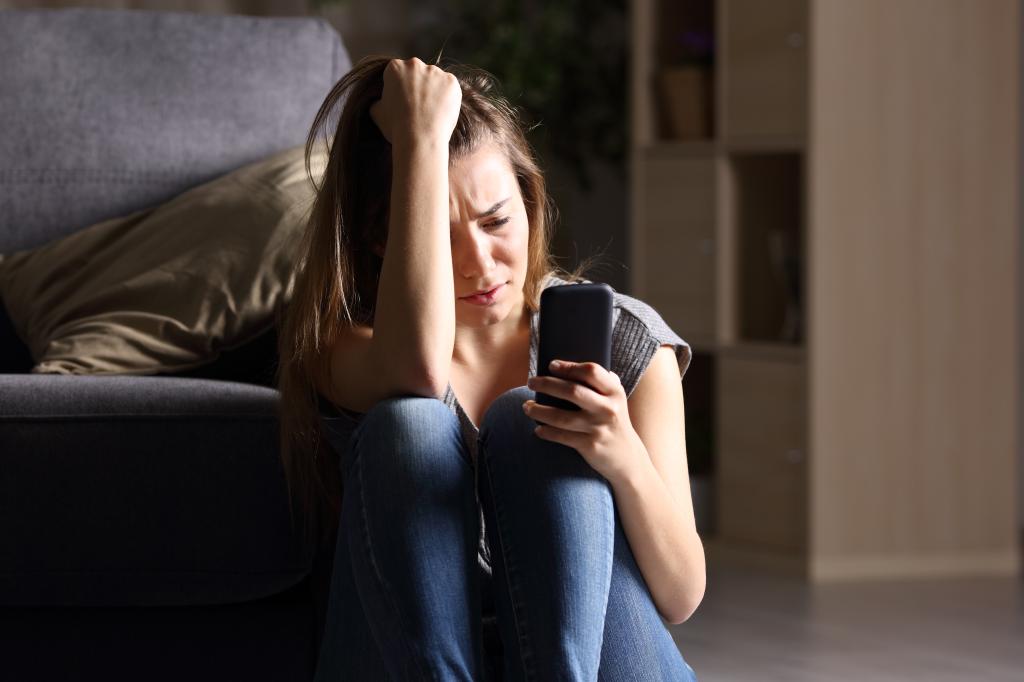I’m an avowed libertarian. I believe that, more often than not, government intervention makes things worse.
But, if there’s one regulation that even I can’t squawk at, it’s imposing a minimum age on social media use. As a member of Generation Z, I’ve seen firsthand how detrimental growing up with social media can be.
That’s why I support keeping pre-teens off of these platforms.
On Wednesday, Sens. Tom Cotton and Brian Schatz unveiled the Protecting Kids on Social Media Act which would ban kids under 13 from the likes of TikTok, Instagram, and Twitter. It also requires 13- to 17-year-olds to obtain parental permission to use them.
Cotton and Schatz — a staunch conservative and a staunch progressive — disagree on pretty much everything. But one thing they can agree on as fathers of young children is that “social media usage is a cause for the [youth] mental health epidemic.”
I think they’re right.
Teens are reporting poor emotional well-being at unprecedented rates. According to the CDC’s most recent Youth Risk Behavior Survey, 22% of high school students say they seriously considered suicide in the preceding year.
The 2021 survey found 57% of teen girls experience persistent sadness — a statistic that has been climbing steadily from 36% in 2011.
It hardly seems a coincidence that, over the same period of time, social media exploded onto the scene and has taken over teens’ lives. Today pre-teens spend an average of 4 to 6 hours on screens every day and teens up to 9 hours, according to the American Academy of Child and Adolescent Psychiatry.
And more and more research is uncovering a link between increasing social media use and declining mental well-being in young people.
A February 2023 study from the American Psychological Association revealed that teens who cut their social media use by 50% saw “significant improvement” in self-esteem. Even Facebook’s own internal research confirmed that “teens blame Instagram for increases in the rate of anxiety and depression.”
Social psychologists Jonathan Haidt and Jean Twenge published an ongoing collaborative review in 2019 of social media and its mental health implications, aggregating hundreds of studies and soliciting input from countless fellow researchers.
After years of investigation, Haidt concludes that “social media is a major cause of mental illness in girls, not just a tiny correlate.”
I’ve personally been on Instagram since age 11. I look back on my tween and teen years and mourn the hours spent scrolling on my phone, or the social events that became more about getting the “perfect Insta pic” than actually socializing.
I’m fortunate that social media never significantly degraded my own mental health, but I have countless friends who attribute the self-harm scars on their wrists to time spent as tweens swiping through the dark crevices of the internet.
Gen Z were the guinea pigs who answered the question, “What happens when you give kids unfettered access to social media?” The result: unprecedented rates of youth depression, self-harm, and suicide.
Implementing a minimum age for social media use would mean my generation’s suffering wasn’t in vain.
With the benefit of hindsight, I can’t think of a single good reason why a child under the age of 13 should be on social media. It hardly seems unreasonable to demand preteens stay off Twitter.
And, even from a libertarian standpoint, I’m hard-pressed to make the case that barring young people from social media somehow deprives them of liberty.
If anything, children are being robbed of their freedom by tech companies that weaponize algorithms against kids to keep them scrolling — while only seeing dollar signs in their glazed-over eyes.
rschlott@nypost.com









